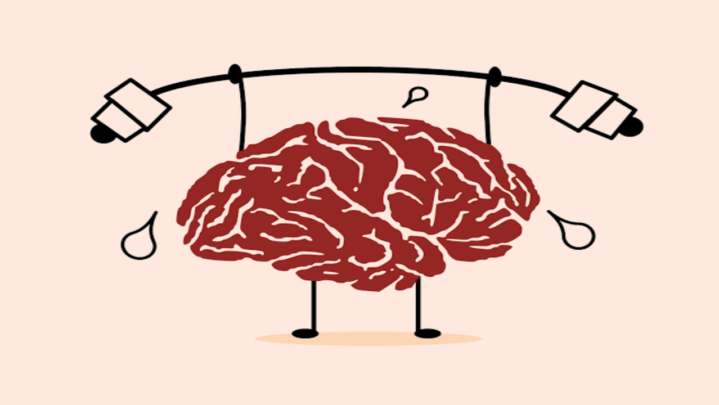1. Keep a positive mindset
One of the most crucial features of a healthy mind is self-confidence and belief in one’s ability to perform and make decisions. Training yourself to think positively and look for the good in every situation can undoubtedly aid in the development of mental stamina over time.
2. Make use of visualisation techniques
Visualization is a powerful strategy for dealing with stress, overwhelm, and performance anxiety. Close your eyes and recall a time when you overcame a comparable challenge. This involves not just the aesthetic aspect of the success, but also the emotional one.
3. Be prepared for setbacks.
Life does not always turn out the way we had anticipated or planned. Instead of concentrating on the loss or tragedy, it’s critical to re-centre oneself and regain concentration after a setback. We have no control over the external events that occur in our lives, but we do have power over what we do afterwards. It’s a good idea to have a strategy in place to assist you to deal with things that don’t go as planned.
4. Dealing with Stress
Our ability to tolerate stress has a significant impact on our mental stamina. Positive stress (excitement) can be a motivating element, but it has the same physiologic repercussions on our bodies as negative stress. Meditation and gradual muscle relaxation are two effective stress management approaches. It’s critical to remember that you are in charge of your mental state and how you will respond to the stressor.
5. Increase your sleep time
It’s no secret that getting enough sleep is essential for our physical and emotional well-being. A good night’s sleep can help you make quick decisions and react quickly. Seven to nine hours of sleep is considered adequate, or more if you engage in high-stress activities, both physical and mental.





